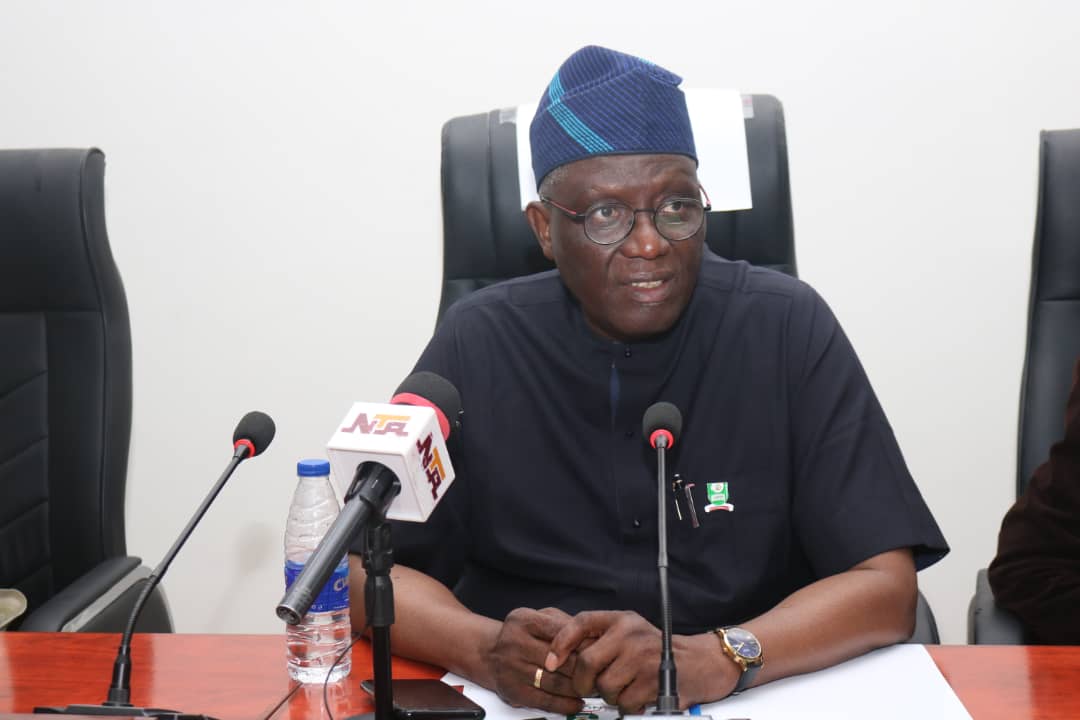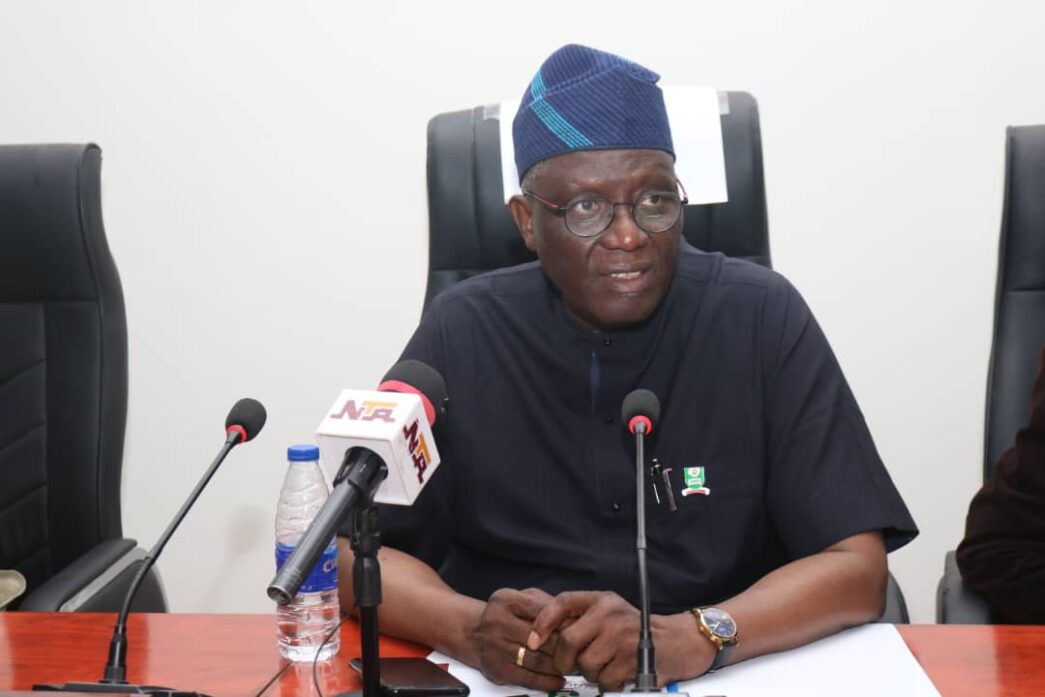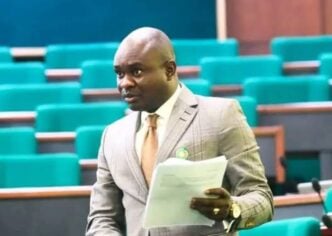Olufemi Peters, the vice-chancellor of NOUN.
Olufemi Peters, the vice-chancellor of the National Open University of Nigeria (NOUN), says the institution has solidified its place as a leader in open and distance learning in Sub-Saharan Africa.
Peters spoke in Abuja on Saturday at the 14th convocation of the university.
He said the university’s student population has grown from 1,230 in 2003 to about 133,000 across 120 study centres, including those in correctional facilities.
The vice-chancellor noted that the university currently offers programmes in nine facilities and a postgraduate school.
Advertisement
“NOUN was conceived as a solution to the challenges of traditional educational systems such as limited physical infrastructure and restricted enrollment capacity,” the VC said.
“We pride ourselves on delivering education that is flexible, qualitative, affordable and accessible. Our commitment to equity and equal opportunities is evident in our efforts to widen access and promote lifelong learning.
“Notably, NOUN has extended its reach to inmates in Correctional centres, offering scholarships, which to date have benefited 139 inmates across undergraduate and postgraduate programmes.
Advertisement
“With over 100,000 alumni contributing to various sectors of the economy, we have solidified our position as a leader in open and distance learning in Sub-Saharan Africa.”
Peters disclosed that young learners below the age of 30 now make up 46 percent of the NOUN’s population.
He noted that NOUN has continued to receive requests for the creation of additional study centres from prominent individuals, community leaders and associations.
“This evolution reflects NOUN’s adaptability and appeal to diverse groups,” he added.
Advertisement
The NOUN VC said the pursuit of quality in distance and online learning demands a strategy to ensure inclusivity, immersion, and a learner-centric pedagogy.
“The one brush accreditation process and procedures currently in practice may no longer suffice in our estimation,” Peters said.
“ I call on regulatory bodies such as the National Universities Commission and other bodies in our country to lead strategic initiatives that address these challenges.”
At the convocation, 17,420 students, including 51 inmates in 14 correctional centres, were awarded different categories of degrees.
Advertisement










